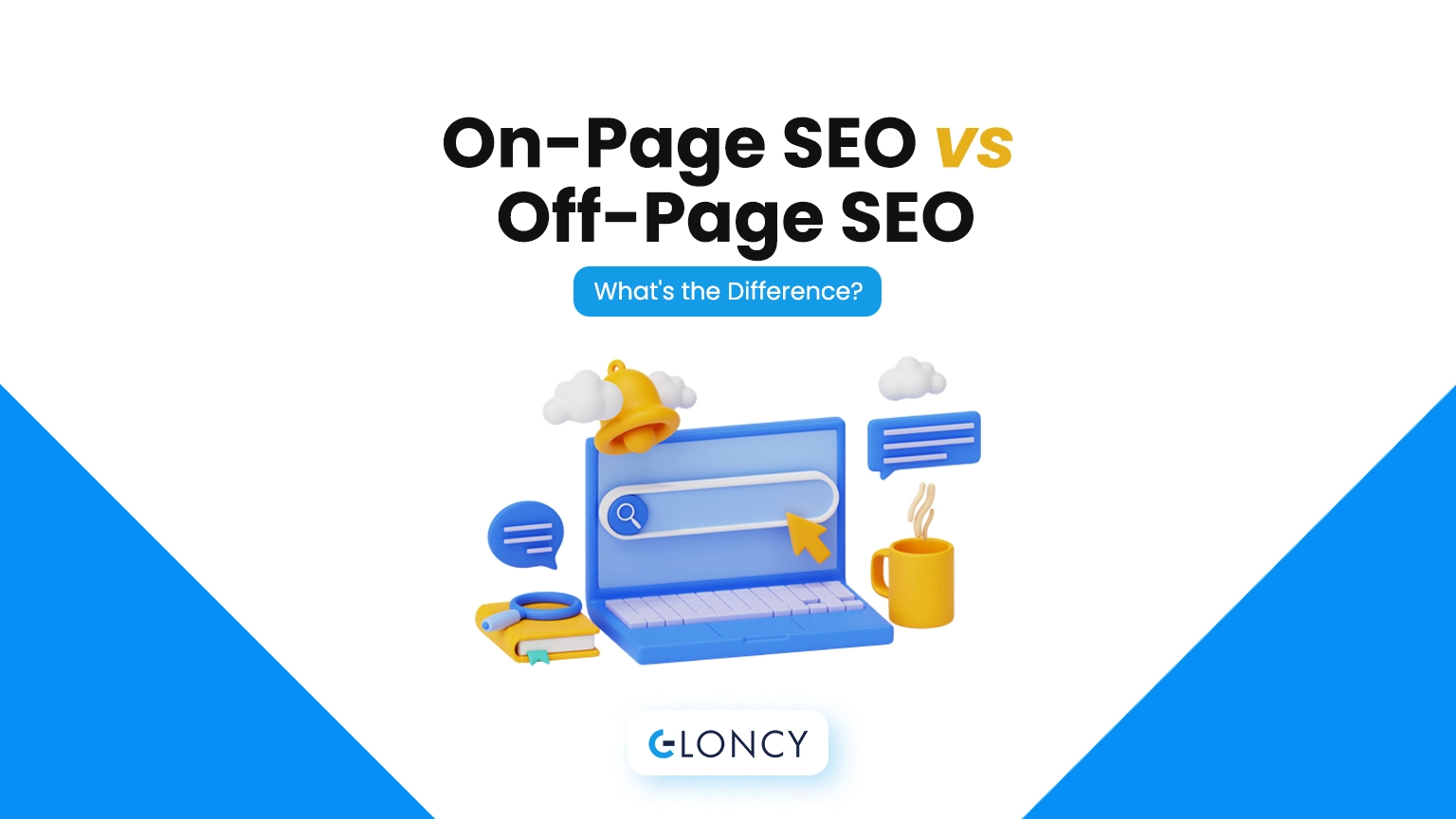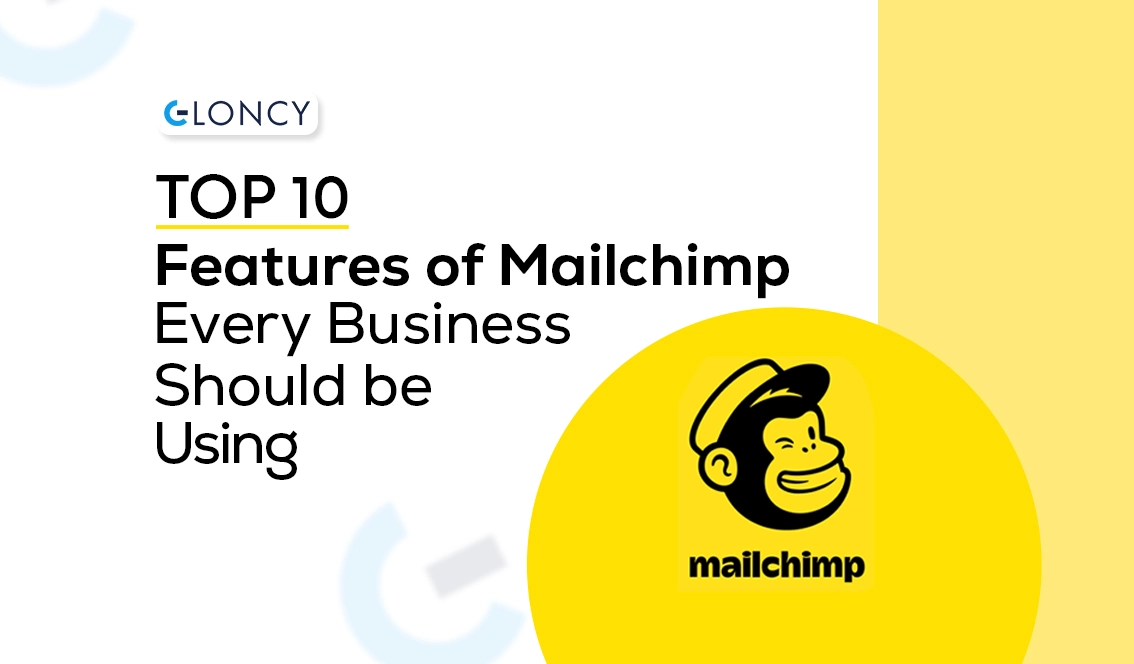SEO (Search Engine Optimization) is the backbone of any successful online presence. When it comes to optimizing your website for search engines. You’ll often hear about two key strategies:
On-Page SEO and Off-Page SEO. These strategies play a vital role in improving your website’s visibility on search engines like Google. In this comprehensive guide, we’ll delve into the differences between On-Page SEO and Off-Page SEO, providing you with actionable insights to boost your online presence.
In the ever-evolving digital landscape, staying ahead of the curve is imperative for businesses and website owners. SEO is the compass that guides you through the labyrinth of search engine rankings. Understanding the distinction between On-Page and Off-Page SEO is crucial for optimizing your website effectively.
On-Page SEO: The Foundation
On-page SEO, as the name suggests, focuses on optimizing elements directly on your web pages. This involves making changes to your website’s content, HTML source code, and structure to improve its search engine ranking. Let’s explore some key aspects of On-Page SEO:
Quality Content
Content is king in the digital realm. Your website’s content should be informative, engaging, and relevant to your target audience. High-quality content not only attracts visitors but also keeps them engaged.
Keywords
Effective keyword research is at the heart of On-Page SEO. By strategically placing relevant keywords in your content, meta tags, and headings. You increase the likelihood of your website appearing in search engine results for those queries.
Title Tags and Meta Descriptions
These are the first things users see in search results. Crafting compelling and keyword-rich title tags and meta descriptions can significantly impact click-through rates.
Internal Linking
Linking to other pages within your website helps distribute link equity and improves navigation for users and search engines.
Off-Page SEO: Building Authority
Off-page SEO, on the other hand, involves activities carried out outside your website to enhance its authority and reputation in the online world. Here are some key elements of Off-Page SEO:
Backlinks
Backlinks, also known as inbound links, are links from other websites to yours. High-quality backlinks from reputable sources signal to search engines that your website is credible and valuable.
Social Signals
Social media plays a significant role in Off-Page SEO. Social signals, such as likes, shares, and comments, indicate that your content is relevant and engaging.
Guest Blogging
Contributing valuable content to other websites in your niche not only builds backlinks but also establishes you as an industry expert.
Online Reputation Management
Monitoring and managing your online reputation is essential. Positive reviews and mentions can boost your website’s credibility.
On-Page SEO vs. Off-Page SEO: What’s the Difference?
Now that we’ve explored the key components of both On-Page and Off-Page SEO, let’s highlight the main differences between the two:
| Aspect | On-Page SEO | Off-Page SEO |
| Focus | Your website’s content and structure | External factors and reputation building |
| Optimization | Content, keywords, meta tags, internal links | Backlinks, social signals, guest blogging |
| Immediate Impact | Quick results with content optimization | Gradual impact as backlinks accumulate |
| Control | You have full control over on-page factors | Limited control over external factors |
| Examples | Creating informative blog posts, optimizing meta tags | Building backlinks from authoritative sites, social media engagement |
Conclusion
In the world of SEO, understanding the distinction between On-Page SEO and Off-Page SEO is crucial for creating a successful optimization strategy. While On-Page SEO focuses on improving your website’s internal elements. Off-page SEO works on building your site’s credibility and authority in the broader online ecosystem.
By combining these two strategies effectively, you can enhance your website’s visibility, attract more visitors, and ultimately achieve your online goals.
FAQs
Q: How long does it take to see results from On-Page SEO?
A: On-page SEO changes can yield quick results, often within weeks, as search engines crawl and index your updated content.
Q: Is Off-Page SEO more important than On-Page SEO?
A: Both are essential for a well-rounded SEO strategy. On-Page SEO sets the foundation, while Off-Page SEO builds your website’s authority over time.
Q: How can I build high-quality backlinks for Off-Page SEO?
A: You can start by reaching out to industry influencers, guest posting on relevant websites, and creating shareable content.
Q: Can I do SEO myself, or should I hire a professional?
A: You can certainly start with basic SEO on your own, but for more advanced strategies and to save time, hiring an SEO professional is often recommended.
Q: Are there any tools to help with SEO?
A: Yes, there are many SEO tools available, such as SEMrush, Moz, and Google Analytics, that can assist with keyword research, tracking rankings, and more.
Q: Is it necessary to update my website’s content regularly for SEO?
A: Yes, regularly updating your content not only keeps it fresh for users but also signals to search engines that your website is active and relevant.



